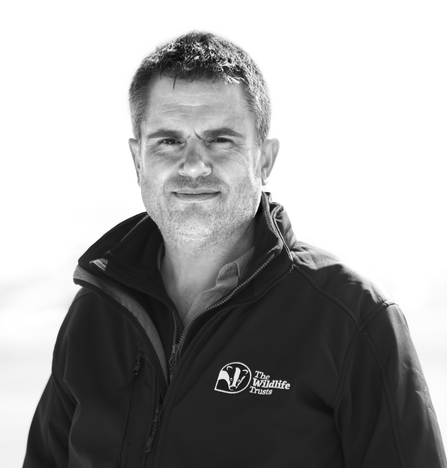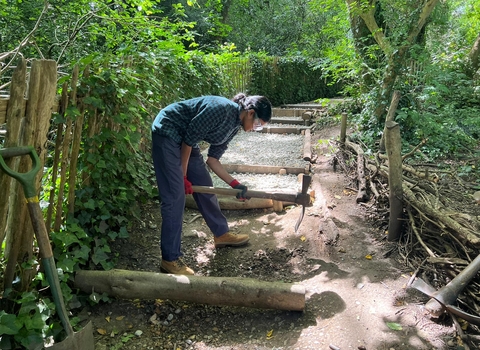Wildlife and Countryside Link is today launching a route map of key steps for environment charities to take over the next 5 years, in order to help the sector to become more ethnically diverse. 39 organisations have already pledged to deliver change, with further charities expected to commit to the route map aims in coming months. [1]
The innovative route map has been devised by diversity and leadership experts Full Colour. It was produced based on research on attitudes and perceptions on ethnic diversity and inclusion with more than 2000 environment professionals in 2021, and an extensive consultation process with staff across a breadth of environment charities in 2022. Staff who were consulted with to develop the route map, included people of colour, CEOs and Board members, and equality and diversity specialists.[2]
The environment sector has long been aware of, and keen to address, its lack of ethnic diversity. Only 4.81% of environment professionals are people of colour, compared to 12.64% of the workforce overall.[3] Some charities have already made significant progress on becoming more diverse - please see notes to editors for some examples.[4] However change in the wider sector is slow, and many organisations, particularly those that are smaller and less well-resourced, are still struggling with how to deliver change. The new route map, along with an accompanying guidebook, is intended to give direction and advice to help organisations to overcome some of the barriers they are facing around taking action on diversity.
The development of the route map has kindly been funded by Natural England, John Ellerman Foundation, Esmée Fairbairn Foundation, and Joseph Rowntree Charitable Trust.


